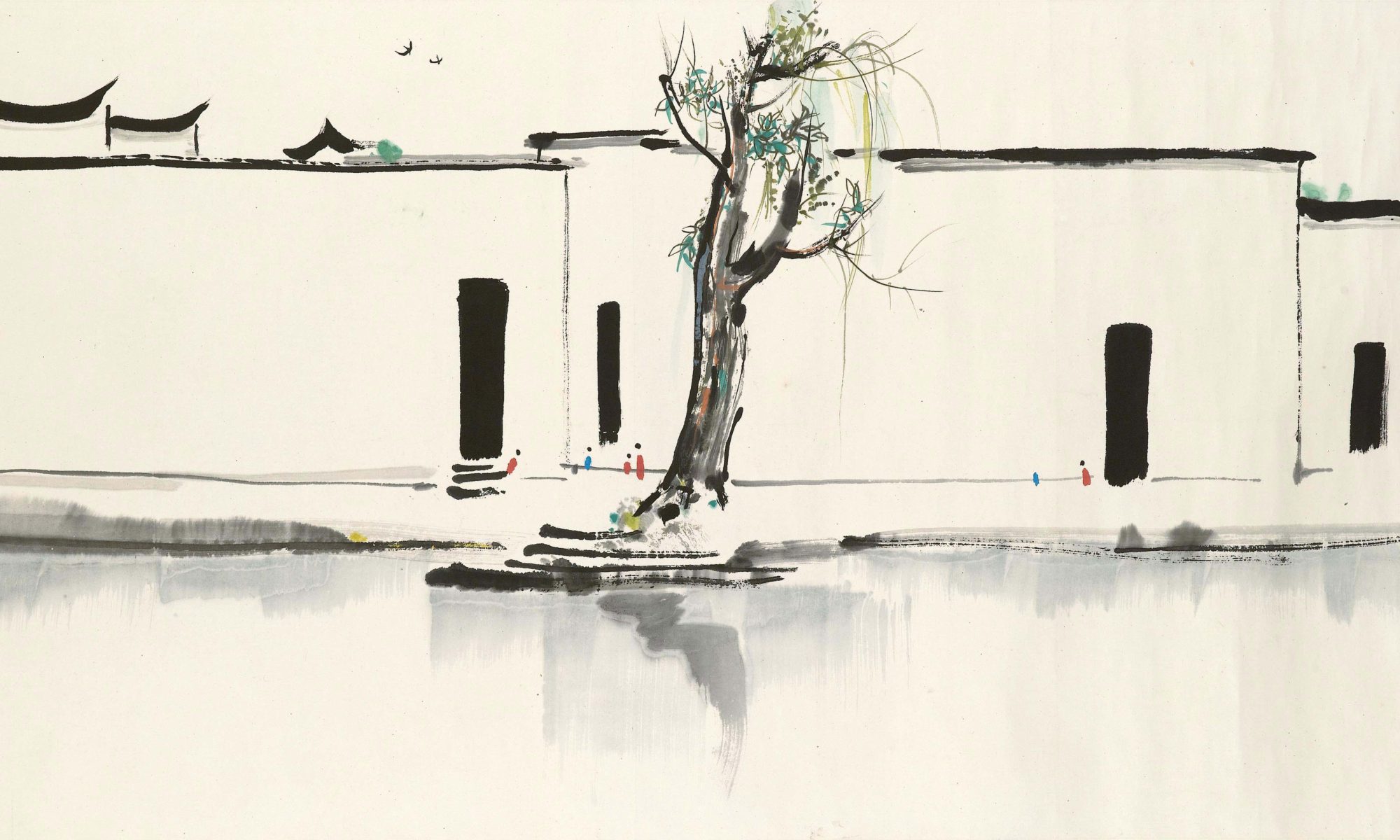
I love war stories. Not that I like war to happen. I am just really curious about the mental state of the people who go through war. I have watched many war documentaries, movies, and have read many memoirs and fictions on the subject. At first mostly on world war II, but then I moved on to the contemporary wars including those in Iraq and Afghanistan. I especially like the documentary “Restrepo” and the BBC produced “Our War.” Both were in Afghanistan.
One of the thing that sticks to me the most about the war in Afghanistan, as opposed to the WWII in which I have read a lot about, is that the enemies are dynamic and the battle that one wins today might have to fight all over again tomorrow. For WWII, the enemy is Nazi Germany, and the soldiers wore uniforms. You know who they are. But the kid that takes candies from the Northern Alliance soldiers in Al Tafar, maybe the American soldier Bartle in The Yellow Birds, might become his enemy tomorrow. The post that the soldiers took today might be back to the enemy’s hand again tomorrow. This resonates with Bartle’s reflection on their battle in Al Tafar. A private asked sergeant Sterling how many time have they been coming back to fight in the same town, and Sterling replied, “this makes three…seems like we’re fighting over this town every year”. Bartle heard and thought about his grandfather’s war that they had destinations and purpose. It contrasts to Bartle’s battle that “we’d kill them, we always had…they’d blow off our limbs and run into hills…then they’d come back”. One cannot help but feel melancholy about all this. The going around in a circle on this war explains the elliptical form of this novel through the memories from the point of view of the thirty-year-old soldier. It started in Iraq in 2004, and the readers are taken back home with Bartle in Richmond. The readers follow Bartle back and forth from the war zone to home and back to the war zone again as if Bartle is haunted by recurring remembrances, circling back to persisting images of his war experience. This also explains Bartle’s reflection that the dominoes of moments, lined up symmetrically, then tumbling backward against the hazy and unsure push of cause. Like Bartle’s memories of his war experience, and also like the continuous firefight in this small town of Al Tafar, it is always tumbling backward without knowing why.
Other than the circling of events, Bartle reflects that everything happened and fell. His whole state of being fell when he returned home. He wanted to kill himself. His best war mate Murph fell from the mosque, probably was killed before he fell. Bartle and Murph both fell. They are both, in a way, dead. Bartle directly addresses to the reader that you want to fall, that’s all.

